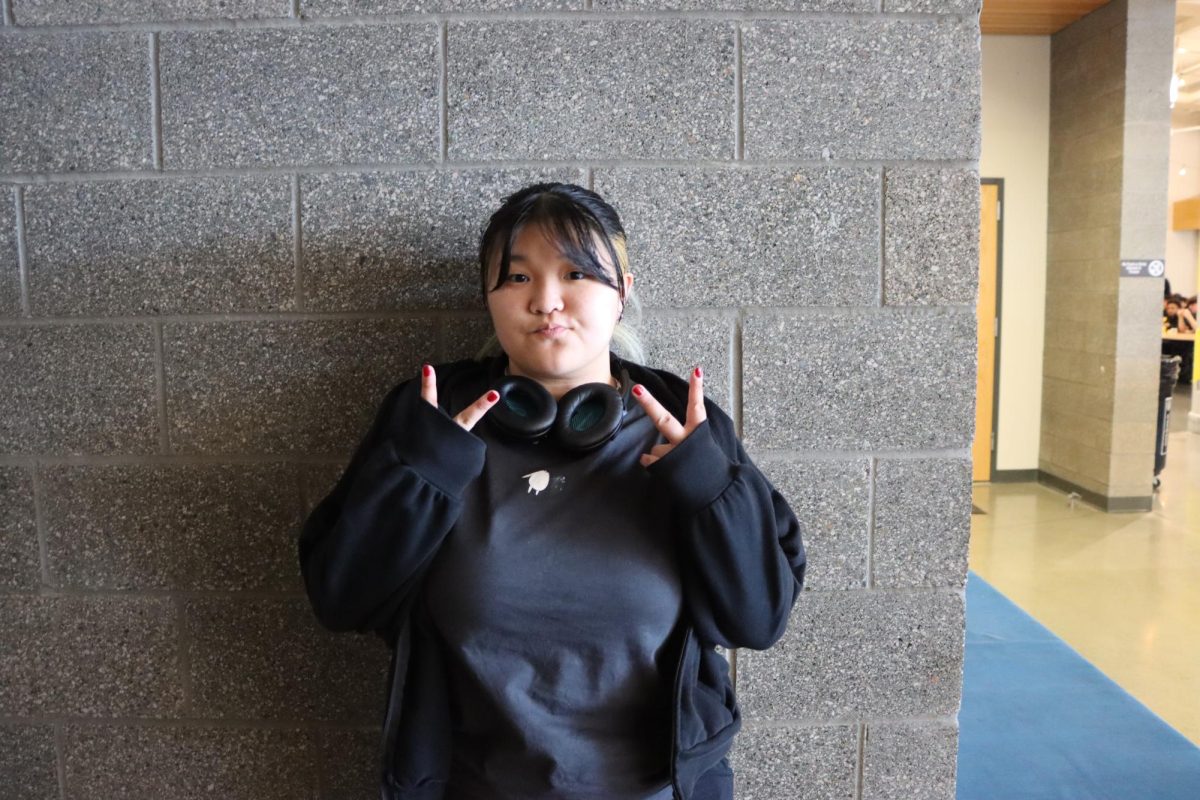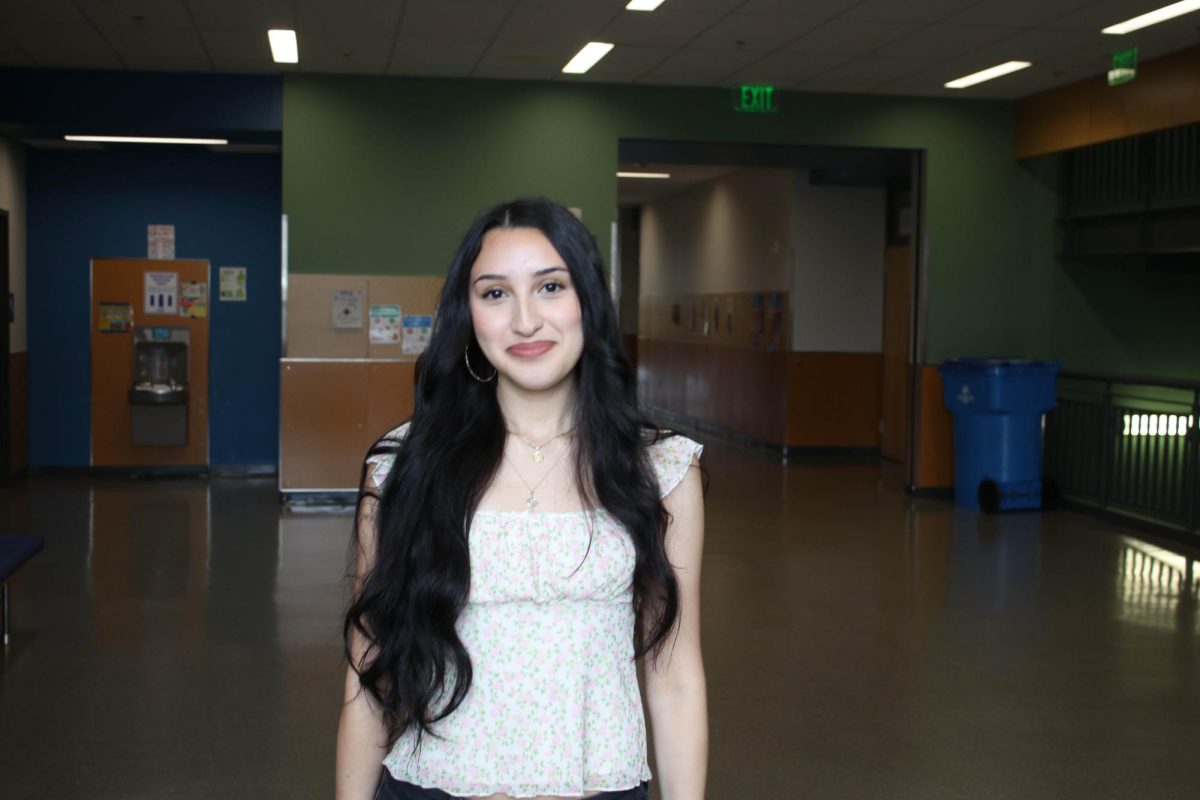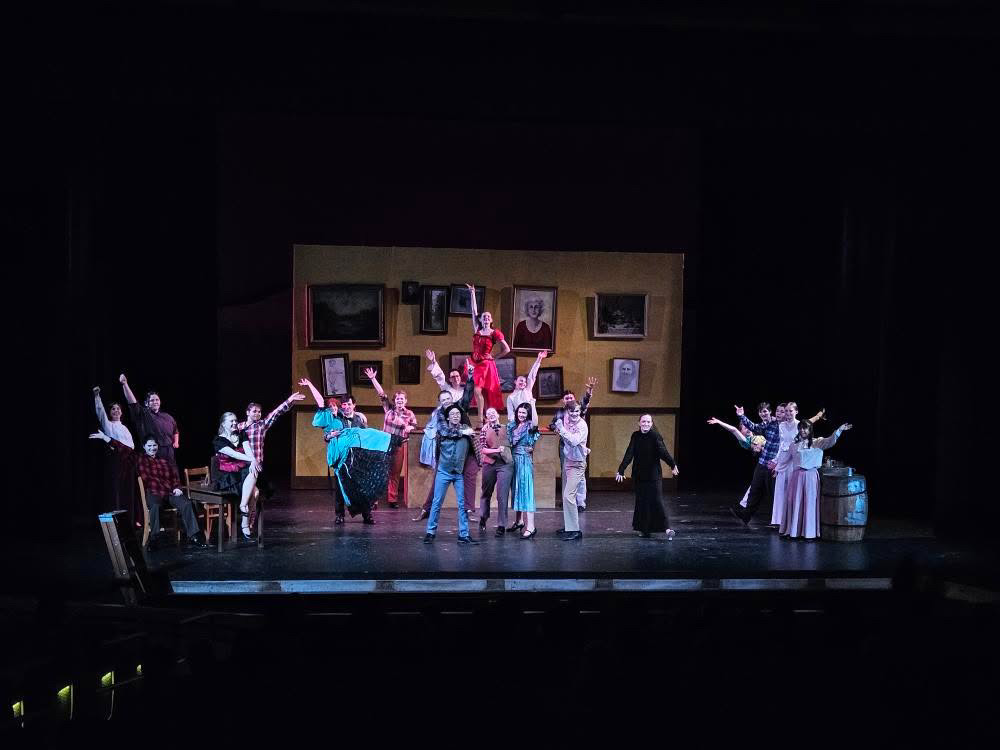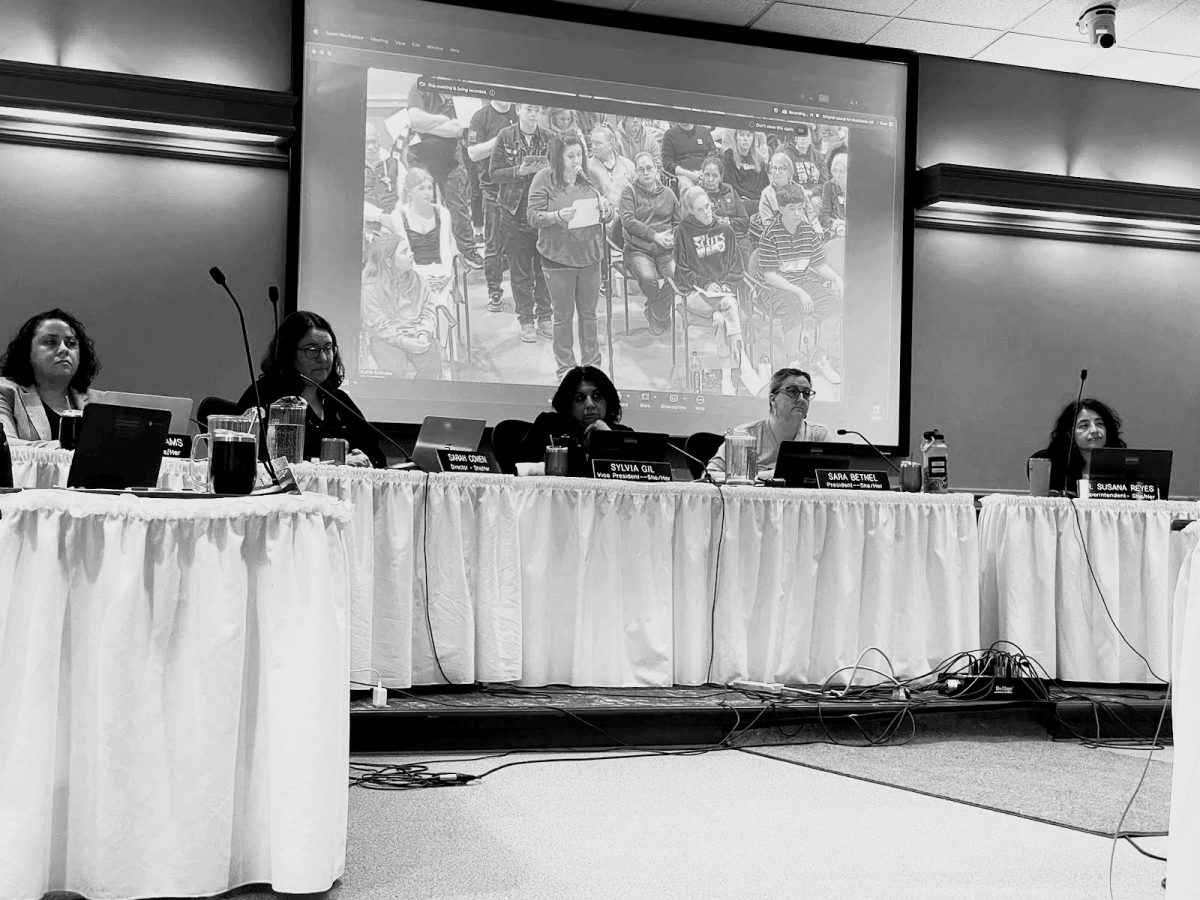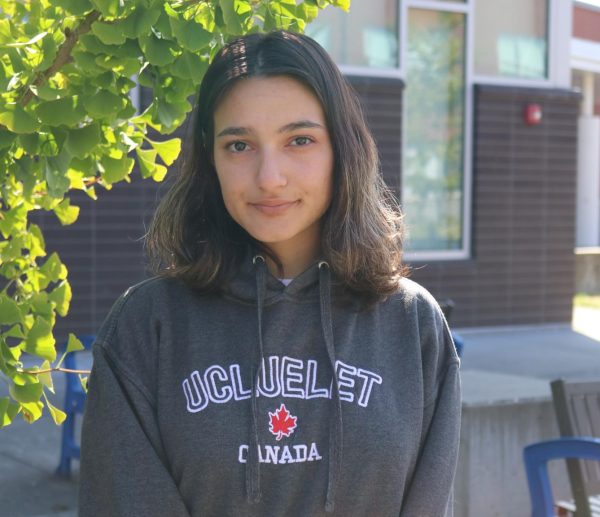
After 25 years of teaching, Kurt Thompson, Japanese teacher, is retiring. He began teaching at Shorewood in the fall of 2017 after teaching at Einstein and dividing his time between both schools until fall 2022, when he began teaching exclusively at Shorewood.
Now, at 72 years old, Thompson says it’s time to move on. “I started when I was 47. It’s time for me to do something else. You kids just move too fast,” he said, smiling. While he’s stepping away from full-time teaching, Thompson doesn’t plan to completely disconnect from education. “I’ll substitute,” he said, “but I want to take it easy for a half year.” Looking ahead, he has plans to travel. “The thing I’m looking forward to is living in Japan in the fall and spring for a couple months,” he shared. His connection to Japan is deep and personal—he lived there for 15 years, and three of his four children were born there. “The oldest one was six months when we went. She was 12 when we came back,” Thompson said.
He also reflected on what brought him to Shorewood in the first place. “I came here because I wanted a new challenge. I was at a previous job and wanted something new. I was already in my 60s and not ready to stop. Teaching high school was a new challenge. I taught middle school, and now I am teaching high school. I’ve never regretted any of those years. It’s been a great way to finish my working career,” Thompson said.
Reflecting on his time at Shorewood, Thompson shared that what initially struck him was the building itself. “The architecture. When I first came to visit before I had an interview, I was blown away walking in the front door—into the big, open commons. The air, the high volume space. Everyone was just so relaxed,” he said. “There were students sitting at different tables, talking. I don’t remember what time of day it was, but I thought, ‘Oh wow. This is cool.’” He contrasted it with his experience in middle school, where students were much more active and harder to settle. “Middle school kids are—please, stop moving, sit down. And this was controlled teenagers. That was cool,” Thompson said.
More than anything, he cherishes the relationships he has with his students. “I enjoy teaching Japanese because you’re teaching culture. Whatever they learn with the language is one thing, but hopefully they also develop an open mind and heart toward other cultures and other people. And a sense that our world can be one place where we can collaborate and live together. We don’t necessarily have to think everybody else is an enemy,” he said. Thompson made sure that knowing material was one thing, but engaging in the different cultural aspects was far more important. When students would engage in the culture many would also want to learn the language. Cultural curiosity guided his students’ minds, whether it was Japanese or any other culture.
Thompson said over his many years of teaching his perspective has changed significantly. “I started off teaching focused on the content. What is it? Did they learn it? Did they not learn it? Then give them a grade. After about seven, eight years, I found that frustrating. Then I realized, in the study and further education I did, it was important to have relationships with students. Where they are in their life is more important than where they are in my content mastery. That was a big change,” Thompson said. “Teaching became more of a joy after that.” Over the years, Thompson’s classroom has been more than a place to learn, it became a place of connection and support. “I’ve had a number of former students get back in touch, and it amazes me where they go and what they do. I’ve had many students say they had trouble or struggles, but my class was a place of peace. Or it was a place to meet friends.” This made him feel grateful that he could be there for students and have a lifelong contribution to the lives of his students.
He recalled one former student who graduated high school in 2017. “They were middle school students when I taught them. She said she made her best friends in my class, and they’ve been friends for ten years now,” he said. He’s heard that from many students. “They met people in my class that became their friends and helped them through all the trials of high school into college—and they still get together. When I hear that, I think: that was worth it.” Thompson reflects that the important part of his classroom is the bond between different people and cultures appreciating each other.
When asked what advice he would give to students, Thompson offered thoughtful guidance. “High school is a time to find something that’s really fascinating to you, something you want to do after you get out. Do some prep, investigate. After high school, the next ten years are really a time for you to explore who you are, what you’re good at, what you can become good at, what gives you feedback. It’s easier than later in life, when you’ve got obligations, to say, ‘I’m done with this, let’s try something else.’ Do a lot of different things.” That advice comes from experience. “I’ve had four different careers, four different situations. Every single one of them was good, but there was a time when it came to an end.” He acknowledged that, although he has enjoyed teaching and interacting with teenagers, the full load of responsibilities has worn thin.
When it comes to how the school has changed over time, Thompson pointed to one event that made the biggest impact. “COVID. The black screens on the computer were the biggest change. It affected what happened afterwards. Students came back, and we started teaching again. The last two years have been more normal—for students and for teachers. For me too.” Culture was especially hard to teach over zoom as engagement was down.
As he prepares to leave, Thompson says “For me, this has been a wonderful community of adults and students. If I think back, to be honest with you, I can only think of maybe one student that drove me crazy. There’s all kinds of different people, but for sure, only one student. That’s pretty good.”
After 25 years, countless lessons, and meaningful connections, Shorewood is saying goodbye to a teacher who brought far more than just language instruction to the classroom. Thompson’s presence, influence, and compassion will be missed—but his impact will last far beyond his final class.


